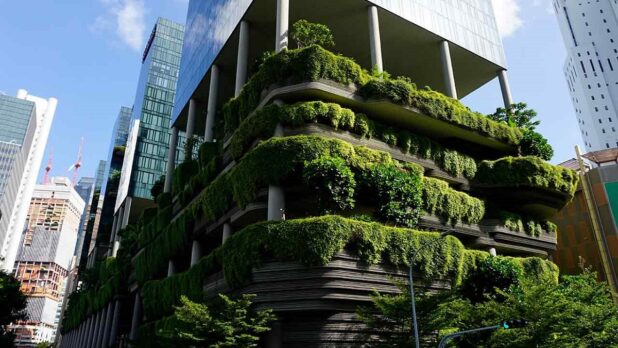Singapore’s real estate market in 2024 continues to exhibit resilience and growth, despite global uncertainties. With its strategic location, robust economic fundamentals, and attractive investment climate, Singapore remains a hotbed for real estate activity. The market is witnessing a surge in demand across various sectors, supported by both local and international investors. The government’s proactive approach in maintaining a stable and sustainable market environment further reinforces Singapore’s position as a key player in the Asia-Pacific region. This overview sets the stage for a deeper analysis of the growth trends and forecasts that will shape the Singapore real estate market in the coming years.
Table of Contents
Key Growth Factors Driving the Singapore Real Estate Market

Several factors contribute to the upward trajectory of Singapore’s real estate market. Firstly, economic stability and growth prospects play a crucial role, as they instill confidence among investors and homebuyers. Secondly, Singapore’s continued efforts to enhance its livability and infrastructure attract foreign professionals and businesses, boosting demand for both residential and commercial properties. Additionally, the government’s strategic land sales and development plans ensure a steady supply of new properties such as The Continuum, catering to various segments of the market. These factors, combined with Singapore’s safe-haven status amidst global volatility, drive the sustained growth of its real estate market.
Residential Property Trends: Demand, Supply, and Pricing
The residential property market in Singapore is experiencing a dynamic shift, with demand outpacing supply in several key districts. This imbalance has led to a gradual increase in prices, particularly for private condominiums and luxury residences. The trend is fueled by a mix of local demand and an influx of foreign buyers seeking a stable investment amidst global uncertainty. However, the government’s cooling measures aim to moderate price growth and ensure affordability for Singaporeans. Looking ahead, the supply of new launches, coupled with sustained demand, is expected to keep the residential market vibrant and competitive.
Commercial Real Estate Landscape: Opportunities and Challenges

Singapore’s commercial real estate sector presents a mixed bag of opportunities and challenges. On one hand, the demand for Grade A office spaces and tech-enabled industrial properties is on the rise, driven by the growth of the digital economy and the influx of multinational corporations. On the other hand, the retail and hospitality sectors face challenges due to changing consumer behaviors and the impact of global events. Nevertheless, innovative solutions such as mixed-use developments and the rejuvenation of older commercial properties offer new opportunities for investors and developers to navigate the evolving landscape.
Investment Outlook: Where to Invest in Singapore’s Real Estate Sector
For investors looking at Singapore’s real estate market in 2024, several areas stand out. Residential properties in prime districts continue to offer attractive returns, given their perennial demand and limited supply. Industrial and logistics properties are also becoming increasingly popular, thanks to the e-commerce boom and Singapore’s role as a global logistics hub. Furthermore, with the government’s focus on sustainability and green initiatives, properties that adhere to these principles are likely to see higher demand. Investors should consider these factors when making decisions in this dynamic market.
Regulatory Updates Affecting the Real Estate Market in Singapore

The Singapore government regularly updates its real estate regulatory framework to ensure a stable and sustainable market. Recent measures include tightening loan-to-value ratios for bank loans on residential properties, aimed at preventing over-leveraging among buyers. Additionally, there are increased efforts to promote green buildings and sustainable development practices, with incentives for developers who adopt these standards. These regulatory changes reflect the government’s commitment to maintaining a balanced market and fostering long-term growth, impacting both investors and homeowners.
Forecasts and Projections: What to Expect in the Coming Years
Looking ahead, the Singapore real estate market is poised for steady growth, underpinned by strong fundamentals and strategic government interventions. Demand for residential properties is expected to remain robust, particularly for well-located and high-quality developments. The commercial sector, while facing short-term challenges, is set to benefit from long-term trends such as digital transformation and the shift towards flexible workspaces. As Singapore continues to solidify its position as a key financial and business hub in Asia, the real estate market offers promising opportunities for growth and investment in the coming years.
 World Magazine 2024
World Magazine 2024






